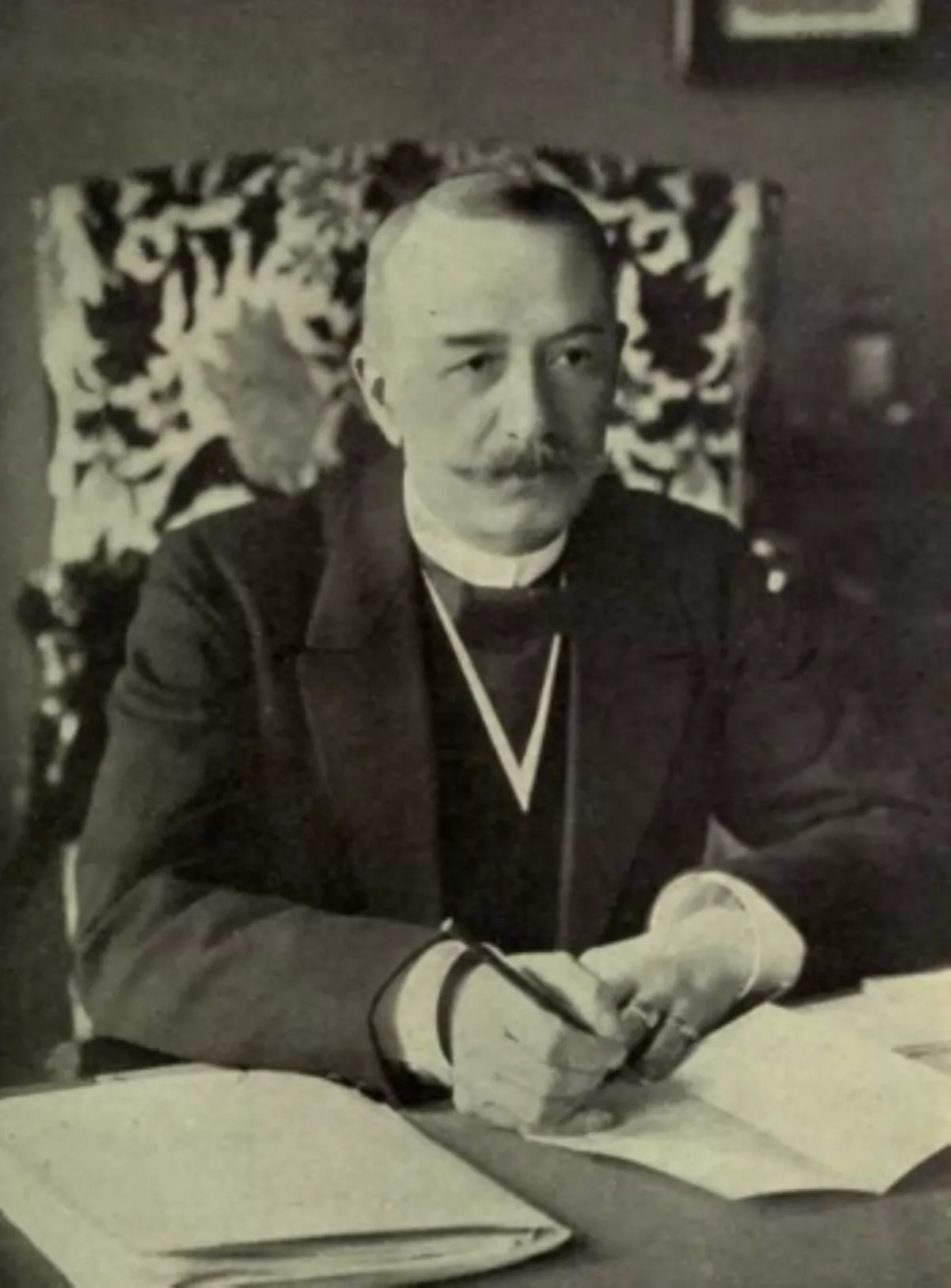 1.
1. Alexander Protopopov was appointed interior minister with the support of Empress Alexandra during World War I, but his inexperience and mental instability failed to relieve the effects of the war on Russia and contributed to the decline of the imperial government.